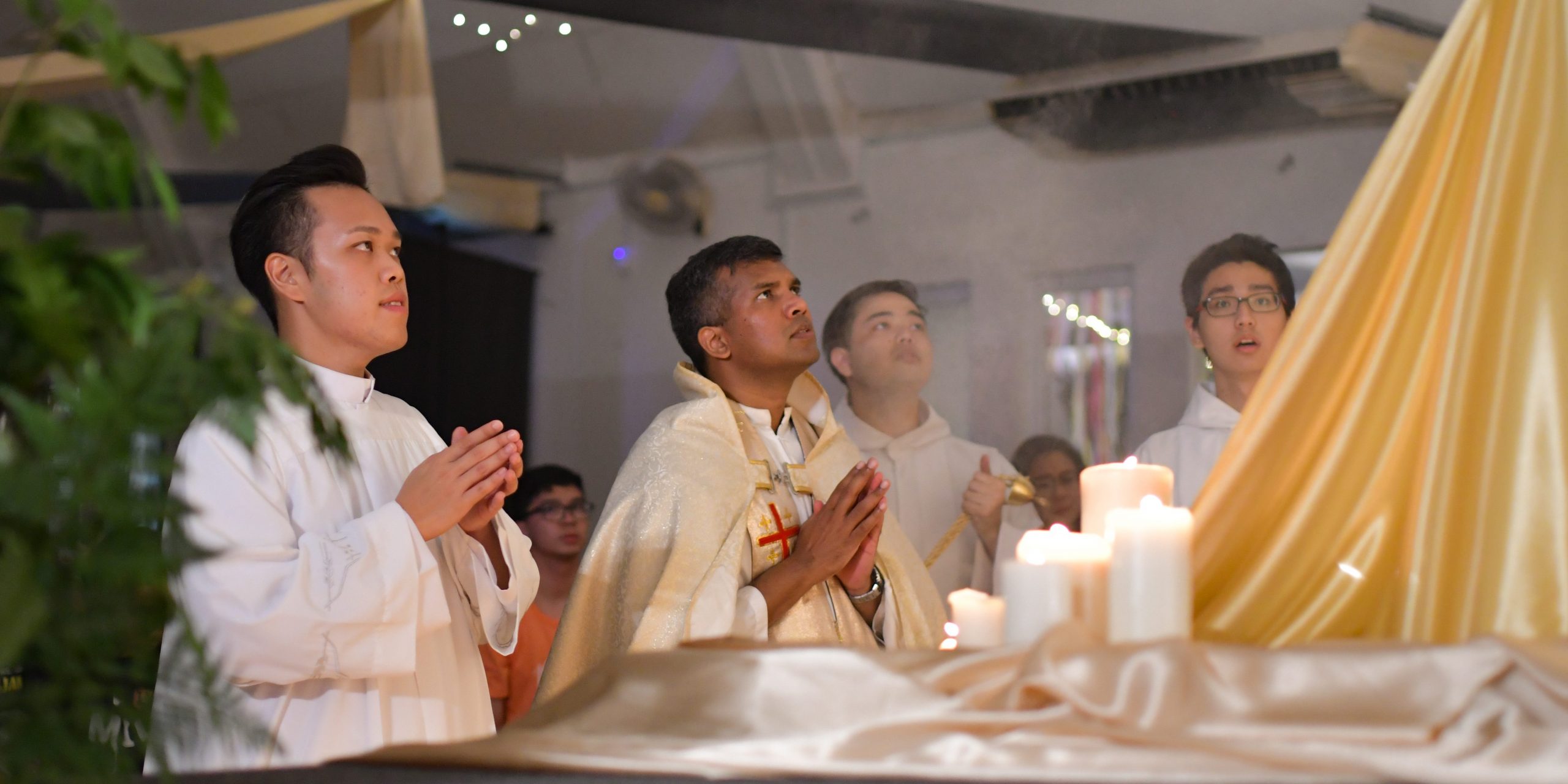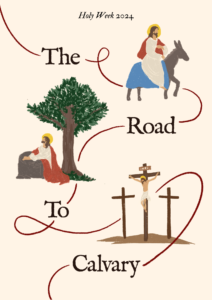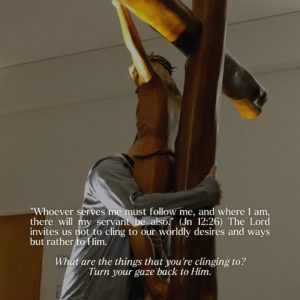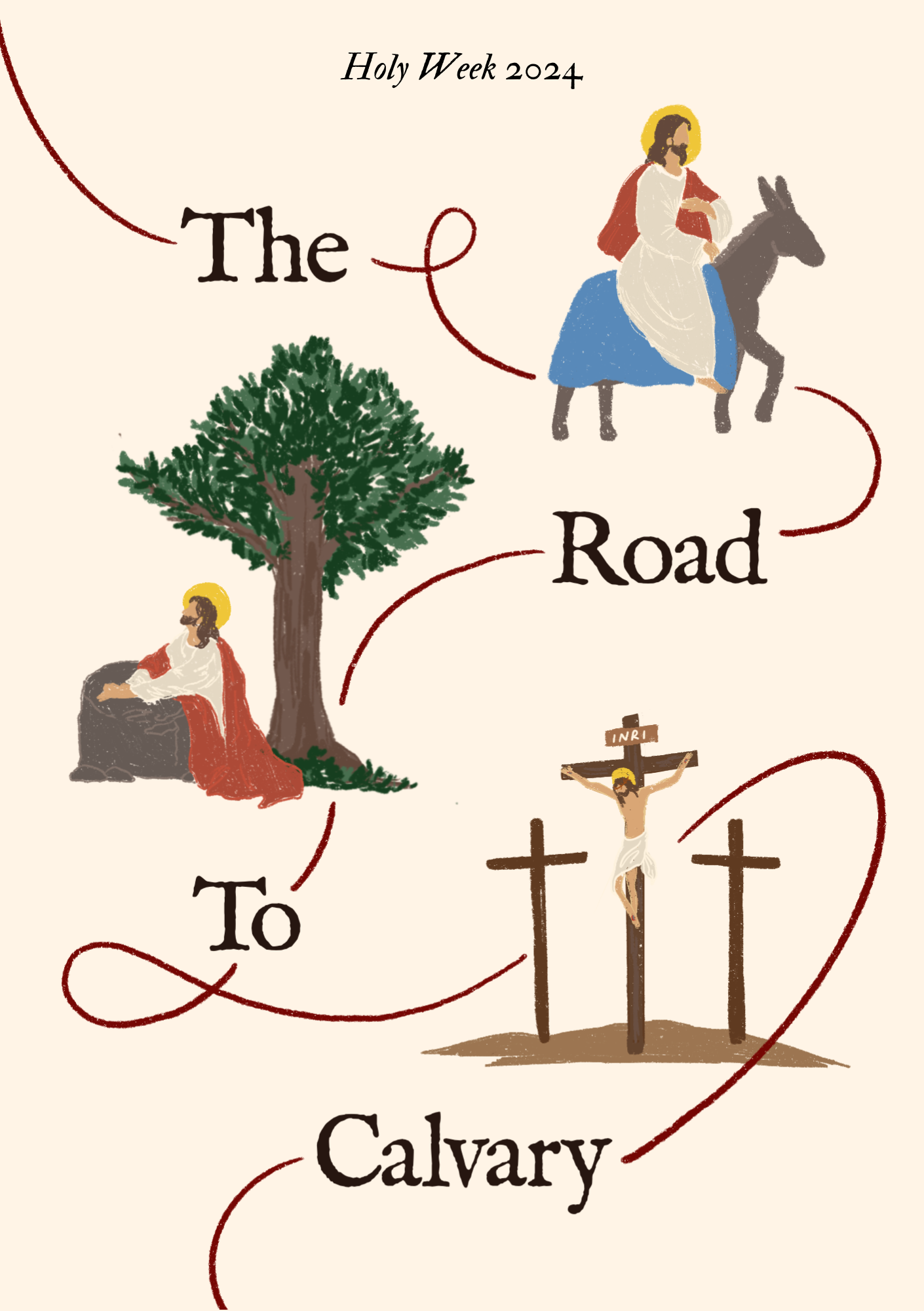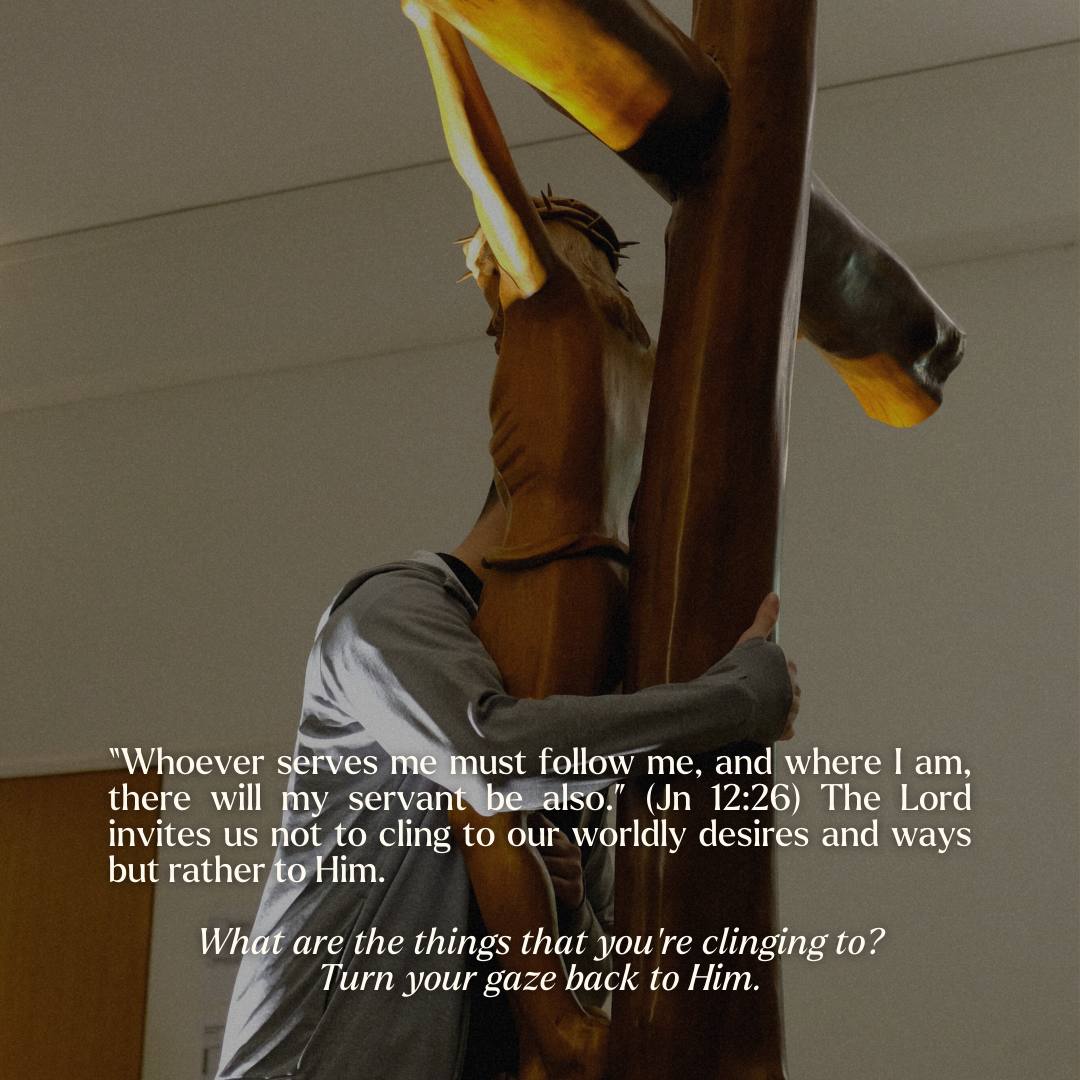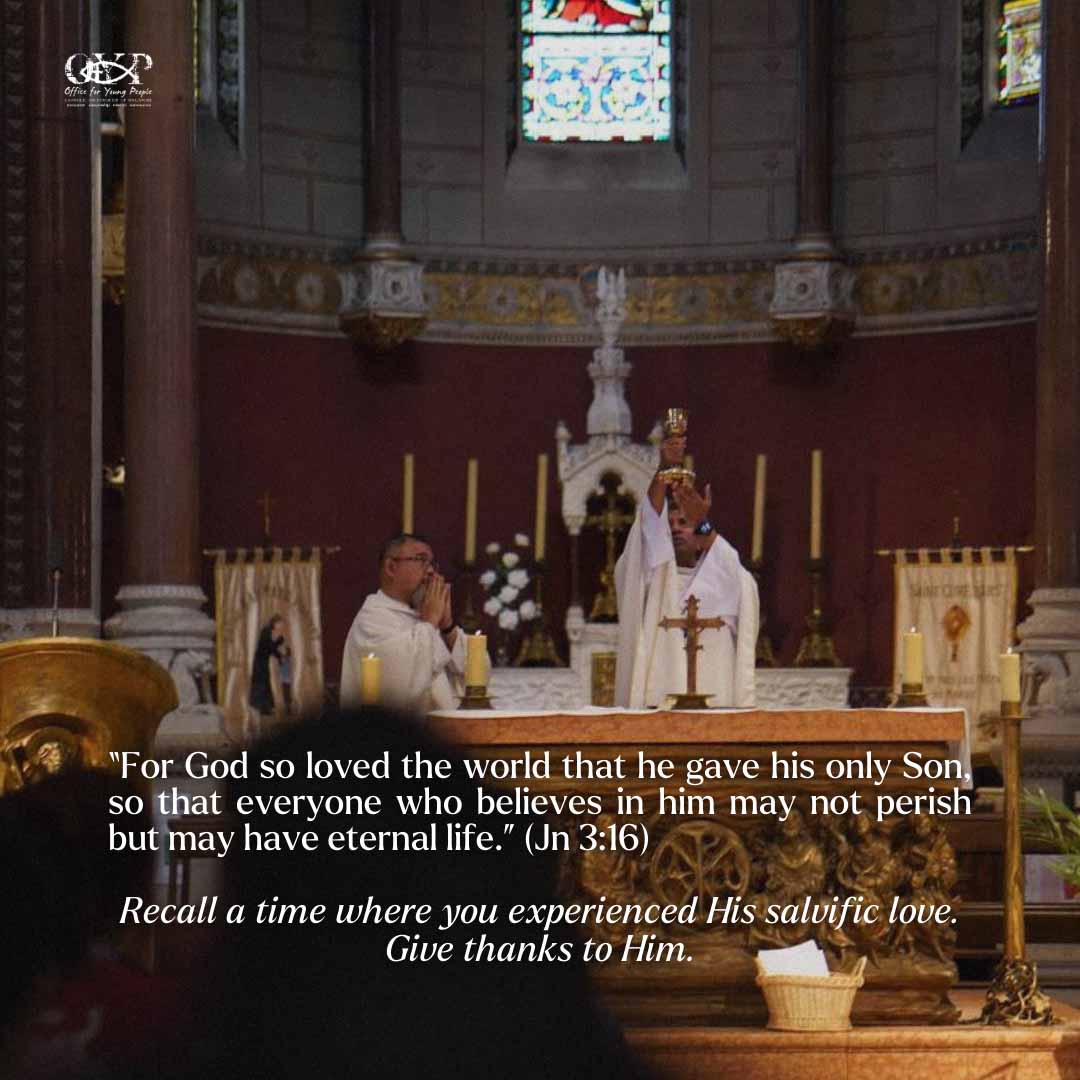By: Aldrin Relador
On a friend’s recommendation, I finished a film titled ‘Lars and The Real Girl’ a couple of months ago. The film centers around an awkward young man named ‘Lars’. Lars meets a quiet girl named ‘Bianca’. The twist: Bianca happens to be a life-sized doll. Fortunately (or unfortunately), Lars’ family and friends sustain his delusion that Bianca is a real human being. In sum, Lars becomes the man he desires to be as his character develops throughout the film.
It’s true. The premise of the film is absurd. For the most part of the film, Lars is uncomfortable expressing his desires to any real human being. Whether it is a desire for a certain life for himself; a desire for a relationship; or simply a desire for love from those closest to him – Lars always finds a way to avoid dealing with them. Like most of us, Lars just can’t deal.
The film beautifully illustrates a familiar struggle. The struggle to befriend our desires. Let me explain.

What’s the struggle?
Why do we find it difficult to admit that we have certain desires for something even if it is something good? In my reflection and prayer, I’ve come to two main reasons for this:
- We don’t believe that our desires are for any good.We may say, “I really feel called to do this right now. ButI think I better wait for God to tell me what’s for my own good”.
- We don’t understand what our desires mean.We may say, “I desire to discern this religious vocation. ButI’m unsure whether it really is a desire or my own imagination” or even “what is Jesus saying to me when I feel attracted to this person? I think it’s just a distraction. Better ignore it.”
In the first reason, we tend to be hesitant to act on our desires. We rather ‘leave it up’ to God to tell us what to do. But if the God of the universe made all things good, then even the desires in our hearts must be good for us in some way. The question is figuring out in what way. This is what discernment is about.
This brings us to the second reason. I usually struggle with understanding what my desires mean. I tend to second-guess whether my desires are actuallyaligned to what God desires for me or I’m just imaginingthat my desires are aligned to what God desires. In most cases, it was never clear to me which was the case. So, I dropped my thinking about my desires altogether. I just couldn’t deal.
What are desires?
The problem is not the desires themselves. The problem is not being able to take desires for what they truly are. Desires (or passions) by themselves are not good or bad (CCC 1767). Desires are a natural part of our human nature that expresses the connection between our senses and mind (CCC 1764), love being the most fundamental desire (CCC 1765).
Desires are like pieces of information that inform your judgment in any process of discernment. But desires are just that – pieces of information. If we choose to cut out our desires just because we don’t know what they mean, then we cut out vital information that can help us discern the will of God.
The real struggle is that we don’t know what our desires mean. That is, we don’t know what God is inviting us to do or who He is calling us to be throughour desires. If we don’t know what our desires mean, then shouldn’t we be asking someone who does? Our Lord knows our hearts better than we do. So, we have to turn to Him.

Desires and Discipleship
This is a real struggle for any Christian disciple. A hallmark of a good disciple is wanting what we desire to align with what God desires for us. This is because God only desires our good. How do we know this? Because Jesus Christ promises to give us life in abundance (John 10:10). We know His promise is not empty because of His resurrection over death.Without His resurrection, there is nothing to hope for. Then this preaching is in vain (1 Corinthians 15:12-19).
The ‘death’I speak of holds us captive to our insecurities about we desire for in our lives. Why? Because sometimes we don’t believe that God really desires only our good.
So, we settle. We dream small dreams. Sometimes we stop hoping for the things yet unseen because it’s just too out of my control. And we live even smaller lives. Sometimes we navel-gaze at our next career milestone, or we strive for our next pithy achievement, or we even commit to relationships that do not bring us true joy. We are as good as dead.
But St Paul says (1 Corinthians 15:55-57):
“Where, O death, is your victory?Where, O death, is your sting?”
The sting of death is sin, and the power of sin is the law. But thanks be to God! He gives us the victory through our Lord Jesus Christ.
We don’t have to be like Lars. Because Jesus Christ has set us free to hope, dream, and desire. That is the victory won for us as disciples in Christ.
How should we discern our desires?
Now for the practical. There are three ingredients to good discernment: honesty, holy indifference, the Holy Spirit.
- With honesty about what we desire and why we desire something.What brings you life? What brings you joy? These are some questions we ought to ask ourselves. We need to know the answers because then we can articulate what exactly do we desire and why you do. Sometimes it helps if you have a mentor or a friend who knows you well to help you in this process.
- With Holy Indifference.St Ignatius of Loyola teaches this principle this as being open to the will of God. So, it means being open to all the possibilities that He leads you to – from the comfortable to the uncomfortable. ‘Indifference’ does not mean that I don’t care about or remained unmoved in my situation. Here, ‘indifference’ means that I am so confident in the love of God that I don’t have to be in control of what brings me true joy. This is precisely because God isin control of your life and mine. The trouble is always trying to let God take control. So, just let Him. Let God be God. He knows you and I better than we could ever know ourselves – our hopes, dreams, desires, and all. After all, His ways are higher than our ways (cf. Isaiah 55:8-9).
- With the Holy Spirit.If we want to desire what God desires, then we need to know what God desires. We know what God desires because He is present in us through his Holy Spirit. So, we need to discern with the Holy Spirit. We can tell whether a desire is truly from the Holy Spirit by its fruits – joy, love and peace.
The most difficult part for me is discerning with holy difference. In my moments of discernment, I realise that I tend to avoid letting God take control of my plans. But in this season of my faith, I’ve seen friendships and relationships flourish where I didn’t think possible simply by being open to what God has for me.
Our Lord reveals His plan for our lives through the desires of our hearts if we are having a close relationship with Him (Psalm 37:4). Then we can be truly free to live as His children. As St. Irenaeus teaches, God’s glory is man fully alive. So, we shouldn’t be afraid to embrace our desires to be the man and woman that He made us to be. Let us pray for God to take us on an adventure with Hm.
The Prayer of Sir Francis Drake
Disturb us, Lord, when
We are too pleased with ourselves,
When our dreams have come true
Because we dreamed too little,
When we arrived safely
Because we sailed too close to the shore.
Disturb us, Lord, when
With the abundance of things we possess
We have lost our thirst
For the waters of life;
Having fallen in love with life,
We have ceased to dream of eternity
And in our efforts to build a new earth,
We have allowed our vision
Of the new Heaven to dim.
Disturb us, Lord, to dare more boldly,
To venture on wilder seas
Where storms will show Your mastery;
Where losing sight of land,
We shall find the stars.
We ask you to push back
The horizons of our hopes;
And to push back the future
In strength, courage, hope, and love.
This we ask in the name of our Captain,
Who is Jesus Christ.

